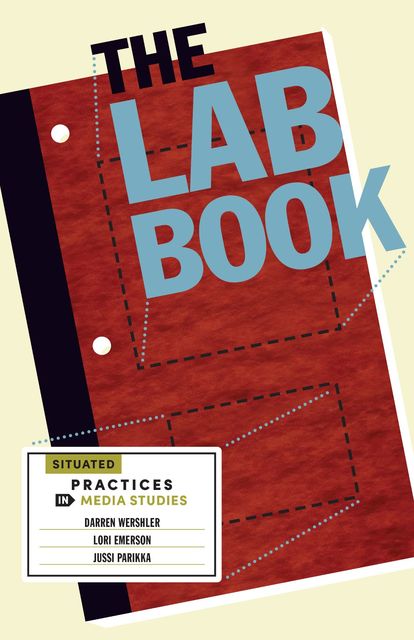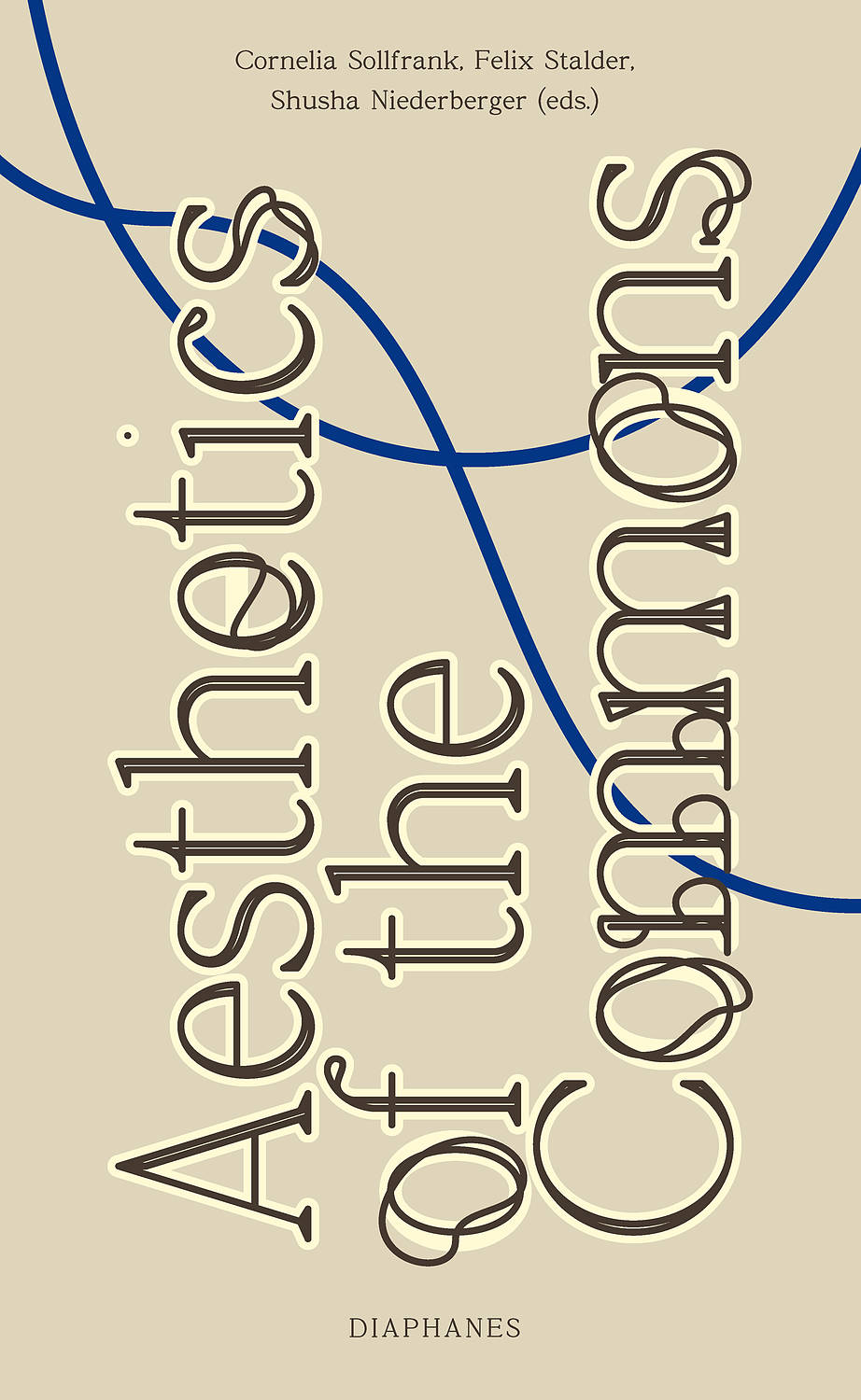Darren Wershler, Lori Emerson, Jussi Parikka: The Lab Book: Situated Practices in Media Studies (2022)
Filed under book | Tags: · apparatus, collaboration, computing, hackerspace, infrastructure, innovation, knowledge production, labour, management, media archeology, media labs, media studies, prototyping, race, research, space, technique, technology, university

“From the “Big Science” of Bell Laboratories to the esoteric world of séance chambers to university media labs to neighborhood makerspaces, places we call “labs” are everywhere—but how exactly do we account for the wide variety of ways that they produce knowledge? More than imitations of science and engineering labs, many contemporary labs are hybrid forms that require a new methodological and theoretical toolkit to describe. The Lab Book investigates these vital, creative spaces, presenting readers with the concept of the “hybrid lab” and offering an extended—and rare—critical investigation of how labs have proliferated throughout culture.
Organized by interpretive categories such as space, infrastructure, and imaginaries, The Lab Book uses both historical and contemporary examples to show how laboratories have become fundamentally connected to changes in the contemporary university. Its wide reach includes institutions like the MIT Media Lab, the Tuskegee Institute’s Jesup Wagon, ACTLab, and the Media Archaeological Fundus. The authors cover topics such as the evolution and delineation of lab-based communities, how labs’ tools and technologies contribute to defining their space, and a glossary of key hybrid lab techniques.”
Publisher University of Minnesota Press, March 2022
ISBN 9781517902179, 1517902177
x+333 pages
Project website
Publisher
WorldCat
HTML (Manifold)
Comment (0)Feral Atlas: The More-Than-Human Anthropocene (2020)
Filed under online resource | Tags: · animal, anthropocene, art, ecology, environment, human, infrastructure

“Feral Atlas invites you to explore the ecological worlds created when nonhuman entities become tangled up with human infrastructure projects. Seventy-nine field reports from scientists, humanists, and artists show you how to recognize “feral” ecologies, that is, ecologies that have been encouraged by human-built infrastructures, but which have developed and spread beyond human control. These infrastructural effects, Feral Atlas argues, are the Anthropocene.
Playful, political, and insistently attuned to more-than-human histories, Feral Atlas does more than catalog sites of imperial and industrial ruin. Stretching conventional notions of maps and mapping, it draws on the relational potential of the digital to offer new ways of analyzing—and apprehending—the Anthropocene; while acknowledging danger, it demonstrates how in situ observation and transdisciplinary collaboration can cultivate vital forms of recognition and response to the urgent environmental challenges of our times.”
Curated and Edited by Anna L. Tsing, Jennifer Deger, Alder Keleman Saxena and Feifei Zhou
Publisher Stanford University Press, 2020
ISBN 9781503615045, 1503615049
Cornelia Sollfrank, Felix Stalder, Shusha Niederberger (eds.): Aesthetics of the Commons (2021)
Filed under book | Tags: · aesthetics, affect, archive, art, care, commons, digital culture, infrastructure, knowledge, library, piracy, shadow library, theory

“What do a feminist server, an art space located in a public park in North London, a ‘pirate’ library of high cultural value yet dubious legal status, and an art school that emphasizes collectivity have in common? They all demonstrate that art can play an important role in imagining and producing a real quite different from what is currently hegemonic; that art has the possibility to not only envision or proclaim ideas in theory, but also to realize them materially.
Aesthetics of the Commons examines a series of artistic and cultural projects—drawn from what can loosely be called the (post)digital—that take up this challenge in different ways. What unites them, however, is that they all have a ‘double character.’ They are art in the sense that they place themselves in relation to (Western) cultural and art systems, developing discursive and aesthetic positions, but, at the same time, they are ‘operational’ in that they create recursive environments and freely available resources whose uses exceed these systems. The first aspect raises questions about the kind of aesthetics that are being embodied, the second creates a relation to the larger concept of the ‘commons.’ In Aesthetics of the Commons, the commons are understood not as a fixed set of principles that need to be adhered to in order to fit a definition, but instead as a ‘thinking tool’—in other words, the book’s interest lies in what can be made visible by applying the framework of the commons as a heuristic device.”
Contributors: Olga Goriunova, Jeremy Gilbert, Judith Siegmund, Daphne Dragona, Magdalena Tyzlik-Carver, Gary Hall, Ines Kleesattel, Sophie Toupin, Rahel Puffert and Christoph Brunner.
Publisher diaphanes, Zürich, January 2021
Creative Commons BY-NC-ND 4.0 License
ISBN 9783035803914
275 pages
Reviews: Gerald Raunig (transversal, 2021, DE), Jaime Groetsema (ARLIS/NA, 2021), Agnieszka Wodzińska (Network Cultures blog, 2021), Alessandro Ludovico (Neural, 2021).
Project website
Book launch
Publisher
WorldCat
See also Open Scores: How to Program the Commons (2020).
Comment (0)
